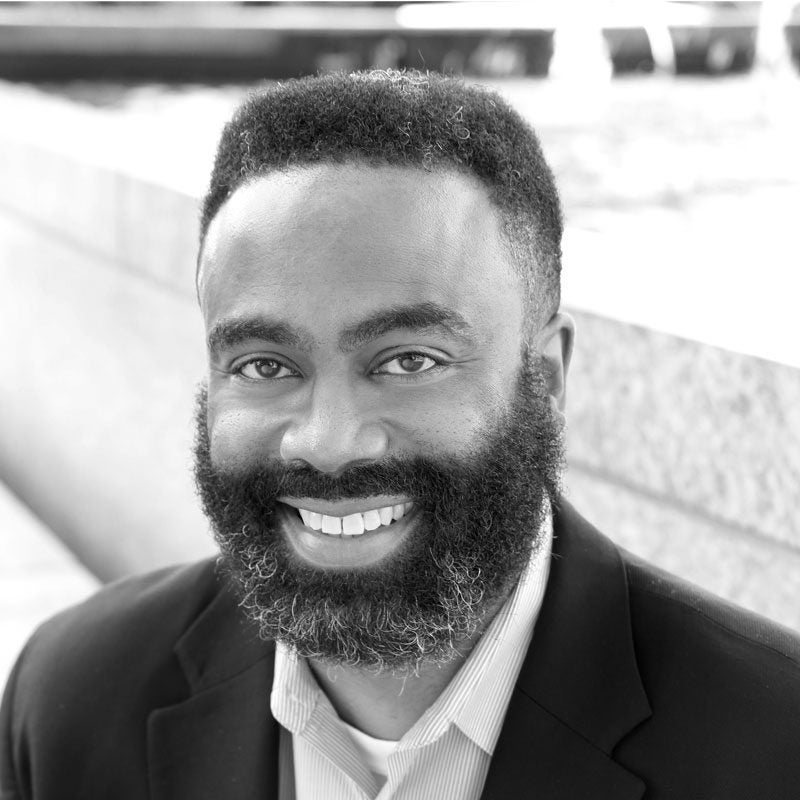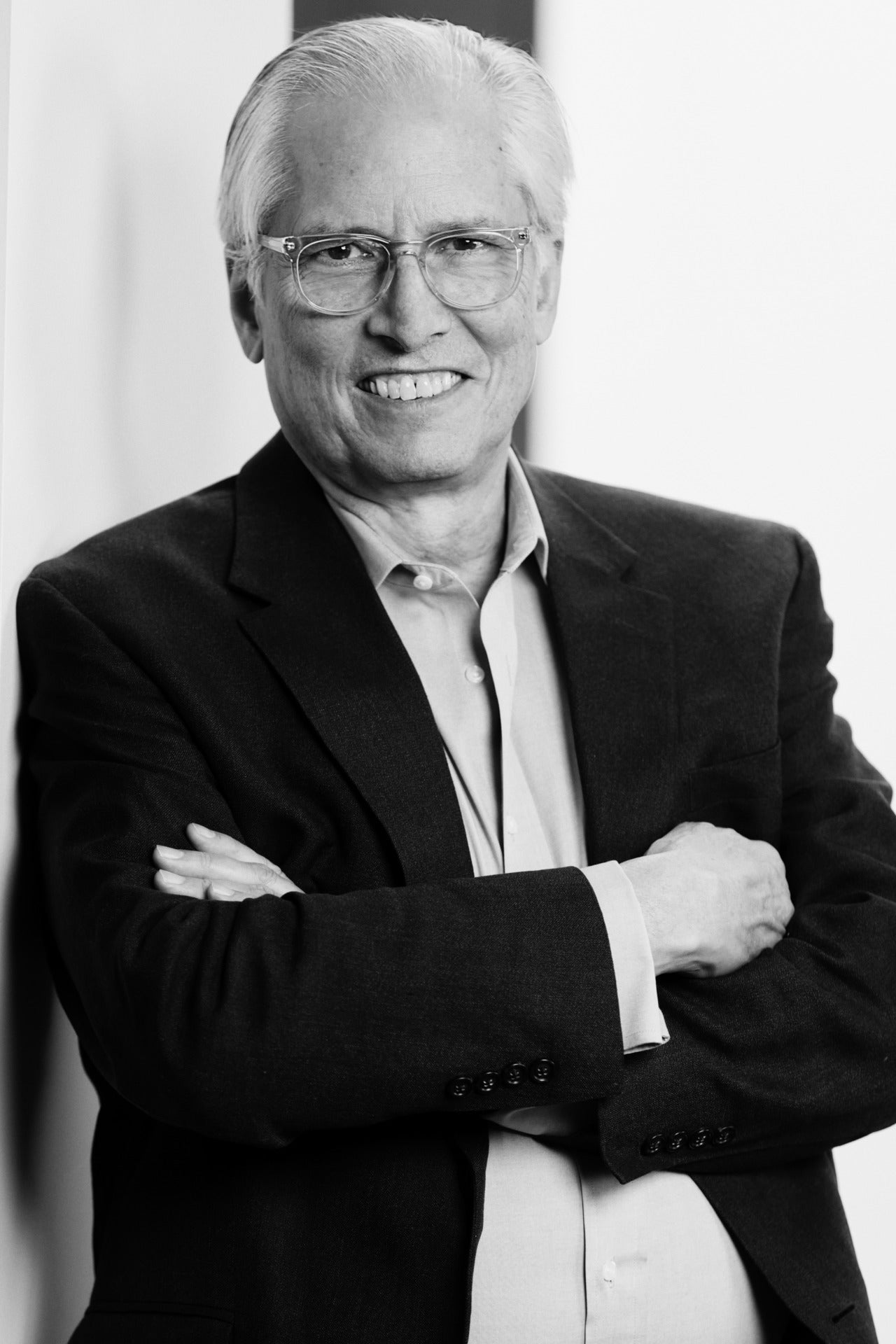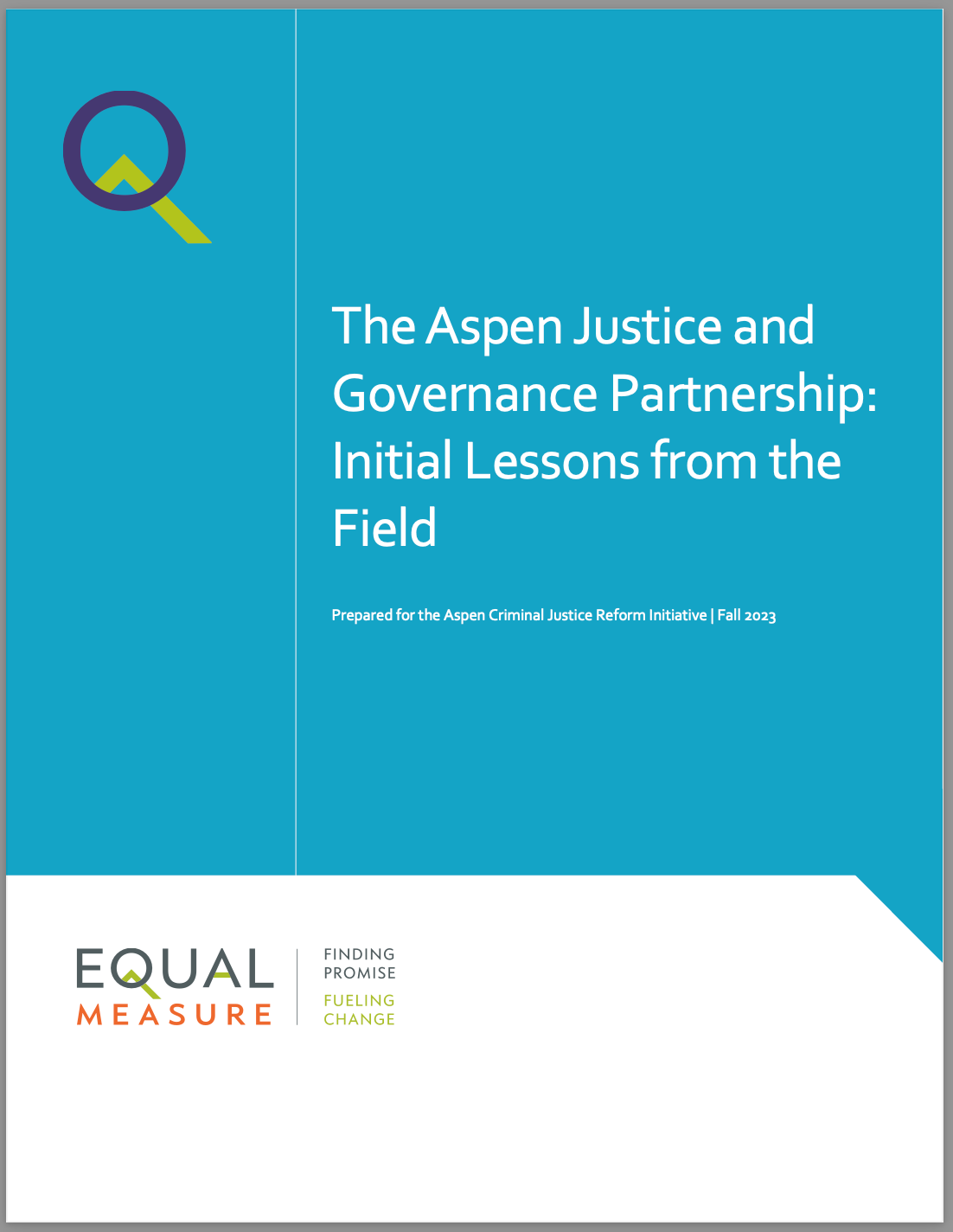While there may be relatively few underlying concepts that liberals and conservatives might agree upon related to the justice system, perhaps one of them could be that justice should be parsimonious – defined as the government being authorized to exercise the lightest intrusion possible on a person’s liberty that is necessary to achieve a legitimate social purpose. In this light, maybe there could be broad agreement that, for example, excessively long sentences for relatively minor crimes might fail this test.
In this episode of Shades of Freedom, guests Daryl Atkinson (of Forward Justice) and Jeremy Travis (of Arnold Ventures) join us to discuss the new Square One Project report, The Power of Parsimony. If you are concerned about overincarceration, sentencing reform, and our culture of punishment – as meted out by the justice system, and in the added punishments which follow incarceration – this is the podcast for you.
Guest Biographies:
 Daryl V. Atkinson is the Co-Director and Co-Founder of Forward Justice, a nonpartisan law, policy, and strategy center in North Carolina dedicated to advancing racial, social, and economic justice in the U.S. South. He also serves as a member of the steering committee for the Formerly Incarcerated, Convicted People & Families Movement, a national network of civil and human rights organizations led by directly impacted individuals committed to seeing the end of mass incarceration, America’s current racial and economic caste system.
Daryl V. Atkinson is the Co-Director and Co-Founder of Forward Justice, a nonpartisan law, policy, and strategy center in North Carolina dedicated to advancing racial, social, and economic justice in the U.S. South. He also serves as a member of the steering committee for the Formerly Incarcerated, Convicted People & Families Movement, a national network of civil and human rights organizations led by directly impacted individuals committed to seeing the end of mass incarceration, America’s current racial and economic caste system.
Prior to joining Forward Justice, Daryl served as the first Second Chance Fellow for U.S. Department of Justice (DOJ). While at DOJ, Daryl was an advisor to the Second Chance portfolio of the Bureau of Justice Assistance, a member of the Federal Interagency Reentry Council, and a conduit to the broader justice-involved population to ensure the DOJ heard from all stakeholders when developing reentry policy. Daryl previously served as the Senior Staff Attorney at the Southern Coalition for Social Justice (SCSJ), where he focused on drug policy and criminal justice reform issues, particularly removing the legal barriers triggered by contact with the criminal justice system. In 2014, Daryl was recognized by the White House as a “Reentry and Employment Champion of Change” for his extraordinary work to facilitate employment opportunities for people with criminal records. Daryl received a B.A. in Political Science from Benedict College, Columbia, SC and his J.D. from the University of St. Thomas School of Law, Minneapolis, MN.
 Jeremy Travis joined Arnold Ventures after serving for 13 years as president of John Jay College of Criminal Justice at the City University of New York (CUNY). Under Jeremy’s leadership, John Jay became a senior liberal arts college at CUNY, significantly increased the number of baccalaureate students, created the CUNY Justice Academy to serve community college students, and joined the prestigious Macaulay Honors College.
Jeremy Travis joined Arnold Ventures after serving for 13 years as president of John Jay College of Criminal Justice at the City University of New York (CUNY). Under Jeremy’s leadership, John Jay became a senior liberal arts college at CUNY, significantly increased the number of baccalaureate students, created the CUNY Justice Academy to serve community college students, and joined the prestigious Macaulay Honors College.
Prior to his time at John Jay, Jeremy was a senior fellow with the Justice Policy Center at the Urban Institute. Before that, Jeremy served as director of the National Institute of Justice (NIJ). At NIJ, he established major initiatives to assess crime trends; evaluate federal anti-crime efforts; foster community policing and new law enforcement technologies; advance forensic sciences; and bolster research on counter-terrorism strategies.
Jeremy’s career also includes his role as deputy commissioner for legal matters for the New York City Police Department (NYPD); chief counsel to the U.S. House Judiciary Subcommittee on Criminal Justice; special adviser to New York City Mayor Edward I. Koch; and assistant director for law enforcement services for the Mayor’s Office of Operations. In addition, he was special counsel to the police commissioner of the NYPD.
He is the author of But They All Come Back: Facing the Challenges of Prisoner Reentry, and co-editor of both Prisoner Reentry and Crime in America and Prisoners Once Removed: The Impact of Incarceration and Reentry on Children, Families, and Communities. He earned his J.D. and M.P.A. from New York University and his bachelor’s degree from Yale College.
About Shades of Freedom
Shades of Freedom is a podcast from the Aspen Institute’s Criminal Justice Reform Initiative. Our podcast amplifies and uplifts promising efforts aimed at reducing mass incarceration, and examines the ecosystem of related inequalities that surrounds and perpetuates it.
The podcast can be found on all the major platforms, including Apple, Google, and Spotify. You can also listen to individual episodes here.
The Shades of Freedom podcast, hosted by Dr. Douglas E. Wood, Director of the Criminal Justice Reform Initiative, is named after and inspired by the book Shades of Freedom: Racial Politics and Presumptions of the American Legal Process, by Judge A. Leon Higginbotham, Jr.

